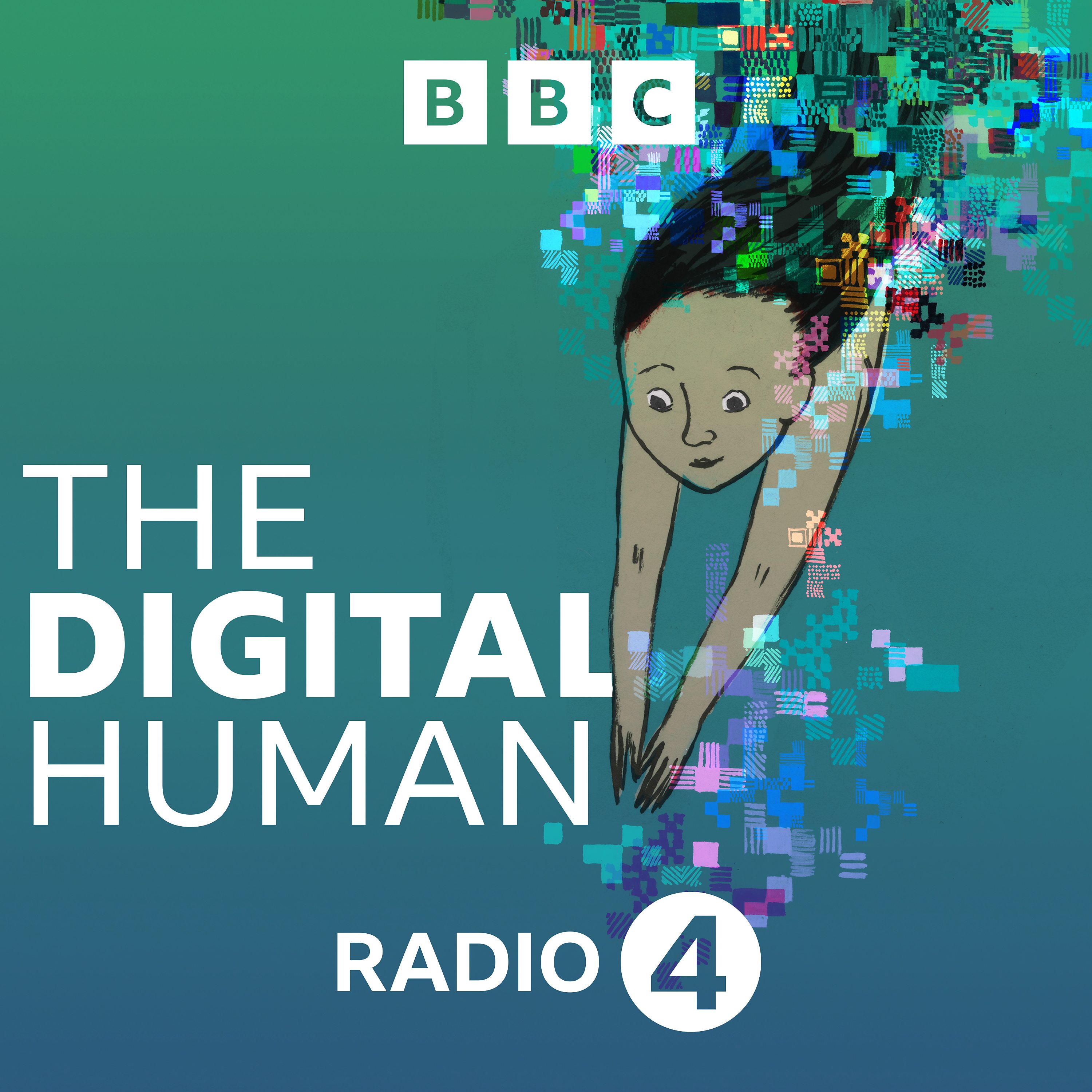- Technology
- SEE MORE
- classical
- general
- talk
- News
- Family
- Bürgerfunk
- pop
- Islam
- soul
- jazz
- Comedy
- humor
- wissenschaft
- opera
- baroque
- gesellschaft
- theater
- Local
- alternative
- electro
- rock
- rap
- lifestyle
- Music
- como
- RNE
- ballads
- greek
- Buddhism
- deportes
- christian
- piano
- djs
- Dance
- dutch
- flamenco
- social
- hope
- christian rock
- academia
- afrique
- Business
- musique
- ελληνική-μουσική
- religion
- World radio
- Zarzuela
- travel
- World
- NFL
- media
- Art
- public
- Sports
- Gospel
- st.
- baptist
- Leisure
- Kids & Family
- musical
- club
- Culture
- Health & Fitness
- True Crime
- Fiction
- children
- Society & Culture
- TV & Film
- gold
- kunst
- música
- gay
- Natural
- a
- francais
- bach
- economics
- kultur
- evangelical
- tech
- Opinion
- Government
- gaming
- College
- technik
- History
- Jesus
- Health
- movies
- radio
- services
- Church
- podcast
- Education
- international
- Transportation
- Other
- kids
- podcasts
- philadelphia
- Noticias
- love
- sport
- Salud
- film
- and
- 4chan
- Disco
- Stories
- fashion
- Arts
- interviews
- hardstyle
- entertainment
- humour
- medieval
- literature
- alma
- Cultura
- video
- TV
- Science
- en
Time

b"
Aleks Krotoski explores the technology of time keeping. As clocks get more accurate and time becomes more abstract what does that mean for how we experience it?
The accurate keeping of time allows our technological world to keep spinning and since earliest times has been central to how civilisation has developed. From the earliest mechanical clocks, the supercomputers of their day to the first wearable technology or pocket watch they've been at the forefront of technological advancement.
But what has 'clock time' done to how we experience the passage of time? Aleks will find out as she visits the earliest time recording device ever discovered, in a muddy Aberdeen-shire field some 5000 years older than Stone Henge. In contrast she sees how modern time is produced by the atomic clocks of the BIPM in Paris, its here that time for the world is produced, sychronising everything from power grids to GPS satellites and the internet. She also explores how we experience time subjectively and what that means for how we perceive the world. Finally she hears from someone who tried to live without clocks and what that meant for his experience of time.
Contributors: Prof. Vince Gaffney, Artist Cathy Haynes, Neuroscientist David Eagleman, Professional base jumper Karina Holkeim and writer and software developer Steve Corona.
Producer: Peter McManus.
"